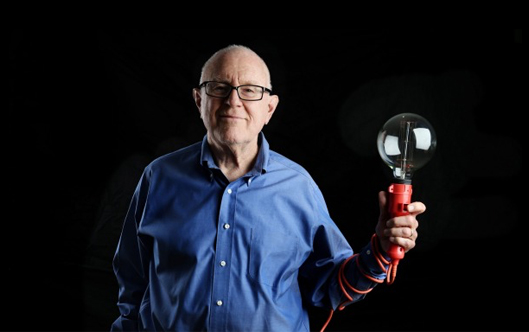In Bay of Pigs, the Untold Story, Peter Wyden reveals that when asked by President Kennedy to assess the CIA invasion plan, the U.S. Joint Chiefs of Staff responded that it had a "fair chance" of success. Kennedy took that as a positive assessment. Instead, the Chiefs meant that they judged the chances of success as "3 to 1 against." But the misunderstanding wasn't clarified at the time.
Unfortunately, Kennedy's misinterpretation of the Joint Chiefs' assessment is not uncommon. For whatever reason, they gave a qualitative answer. Perhaps "fair chance" was well-understood terminology at the Pentagon. Kennedy certainly didn't get the intended meaning.
A straightforward method to dispel such confusion comes from my friend, Gordon Bell. Gordon is a pioneer in the computer industry, having developed the first minicomputer at Digital Equipment and having managed that company's 4,000 engineers. After leaving Digital, Gordon headed computer science research at the National Science Foundation, where he was instrumental in the commercialization of the Internet. After that, Gordon became an active "angel" investor in start-ups.
Gordon has a wonderful bluntness about him. At Digital, he was known for saying things such as, "The most reliable parts of a computer are the ones you leave out." As an investor, he used that bluntness and found one remarkably simple way to at least see whether innovation proponents had the courage of their convictions.
For example, when someone made a presentation on critical assumptions and forecasts underpinning a proposed strategy, Gordon would zero in on one number and ask the CEO: "Wanna bet? A side bet, you and me, for $1,000. I'm saying you won't hit that number."
If the CEO gulped, Gordon knew that in his heart he had doubts.
Even though executives clearly take the issues seriously when they are making corporate commitments of millions or billions of dollars, there's something about betting your own money that makes you think twice.
More generally, framing forecasts as personal bets forces those involved to be very clear. Also, the use of odds in bets forces everyone to be precise about probabilities. Had President Kennedy, for example, forced the Joint Chiefs to quantify their estimate, he would have realized that their "fair chance of success" estimate really translated to a "three in four" chance of failure.
Structuring bets clarifies time estimates, as well. For example, senior managers at one client generally held the assumption that an important revenue stream from information was going to go away as the information became available from public sources online. The assumption was so widely held that no one thought to get more specific, until we asked everyone to write down how long they thought it would be before the revenue fell below a certain level. Some thought the group was six months away from that level. Some thought six years. Getting the assumptions on the table led to a valuable discussion that produced a sharper strategy.
I'm not suggesting that personal bets should replace rigorous analysis. Still, betting on the most critical assumptions upon which a complicated, ambitious strategy depends serves as an invaluable gut check on likelihood of overall success. If you're not willing to bet on it, at acceptable odds, it is important to figure out why.





